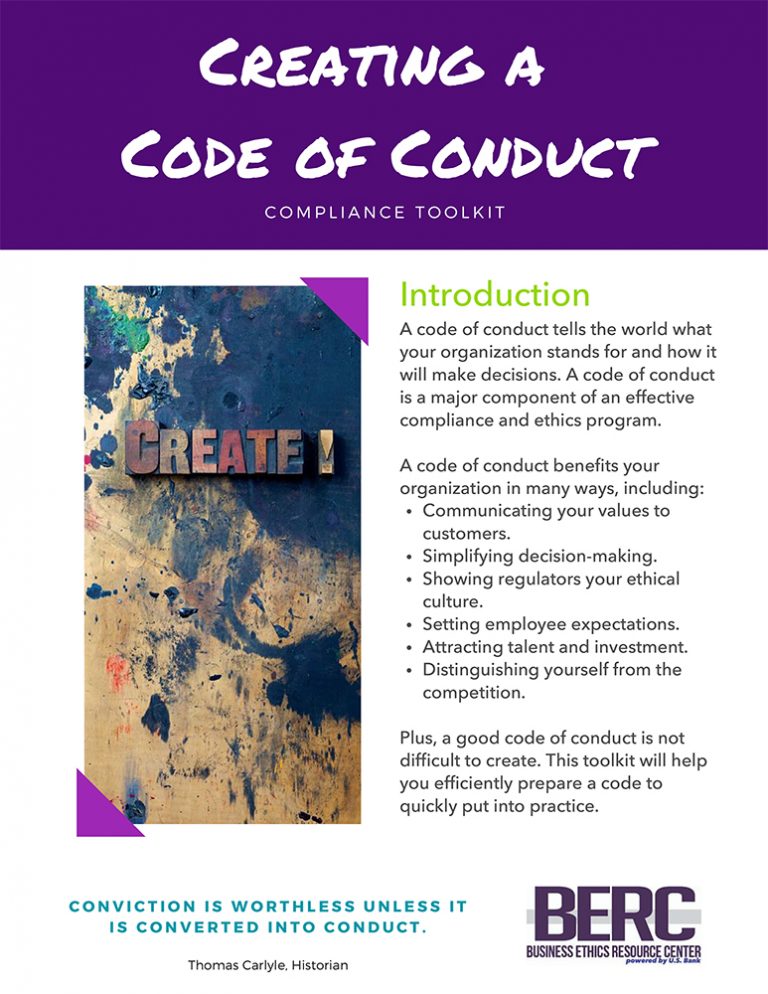Steve Nguyen, Ph.D. (Mar. 10, 2019)
Being inconsistent is not just about words versus actions, but also in what you say consistently (across time) and how you act consistently (across time). In other words, at any given moment and especially depending on the person or group you are interacting with, an observer might find that you are a completely different person. You cater to certain individuals while dismissing others. You value one person solely based on his/her title and position in the organization above another person.
In the past decade, regardless of the type of organization (nonprofit, educational institution, or for-profit company), I have consistently observed this type of inconsistency rear its ugly head (i.e., emerge).
I’ve written before about people with a “situational value system” on the WorkPlacePsychology.Net site. Indeed, that post is, by far, the most visited and shared of any other post on this site. I think it resonates so strongly with many people because they know of or have been treated by someone who acts in that manner (i.e., inconsistently).
Leaders, never forget that others, especially those who report to you, are watching your every word and deed. When you are inconsistent, you lose your credibility. “Being wishy-washy or inconsistent in your viewpoints inhibits credibility” (Whetten & Cameron, 2016, p. 441). In fact, voters in many countries rank their politicians very low in credibility because politicians are often inconsistent with what they say and will change what they say based on the audience they are addressing.
John Maxwell wrote this: “For years I have taught leaders that in their interactions with others they create ‘accounts’ of trustworthiness. Every interaction with another person either makes deposits in that person’s account or makes withdrawals from it. The best way to make regular ongoing deposits is by modeling good character consistently. Why? Because people are convinced more by what a leader does than by what a leader says. . . .People see what you do. Leadership confusion occurs when your words and your walk do not match. If that incongruity continues, not only will you confuse your people—you will lose your people” (Maxwell, 2018, p. 54-55).
“It has been said that you don’t really know people until you have observed them when they interact with a child, when the car has a flat tire, when the boss is away, and when they think no one will ever know. But people with integrity never have to worry about that. No matter where they are, who they are with, or what kind of situation they find themselves in, they are consistent and live by their principles” (Maxwell, 2007, p. 343).
Takeaway: The book, Harvard Business Review Manager’s Handbook: The 17 Skills Leaders Need To Stand Out, says it this way: “Being consistent means that your actions align with the values you profess. . . .Keep your promises and model ethical behavior from day one, even if it means making an unpopular decision . . . .By behaving consistently, you teach people that they can interpret your actions in a straightforward way, without worrying about your intentions” (p. 25).
References
Maxwell, J. C. (2007). The Maxwell Daily Reader: 365 Days of Insight to Develop the Leader Within You and Influence Those Around You. Nashville, TN: Thomas Nelson.
Maxwell, J. C. (2018). Developing the Leader Within You 2.0. Nashville, TN: HarpersCollins.
The Harvard Business Review Manager’s Handbook: The 17 Skills Leaders Need To Stand Out. (2017). Boston, MA: Harvard Business Review Press.
Whetten, D. A., & Cameron, K. S. (2016). Developing management skills (9th ed.). Essex, UK: Pearson Education Limited.
Originally published on WorkplacePsychology by Steve Nguyen, Ph.D. Used by kind permission of Dr. Steve Nguyen. Please visit WorkplacePsychology.


